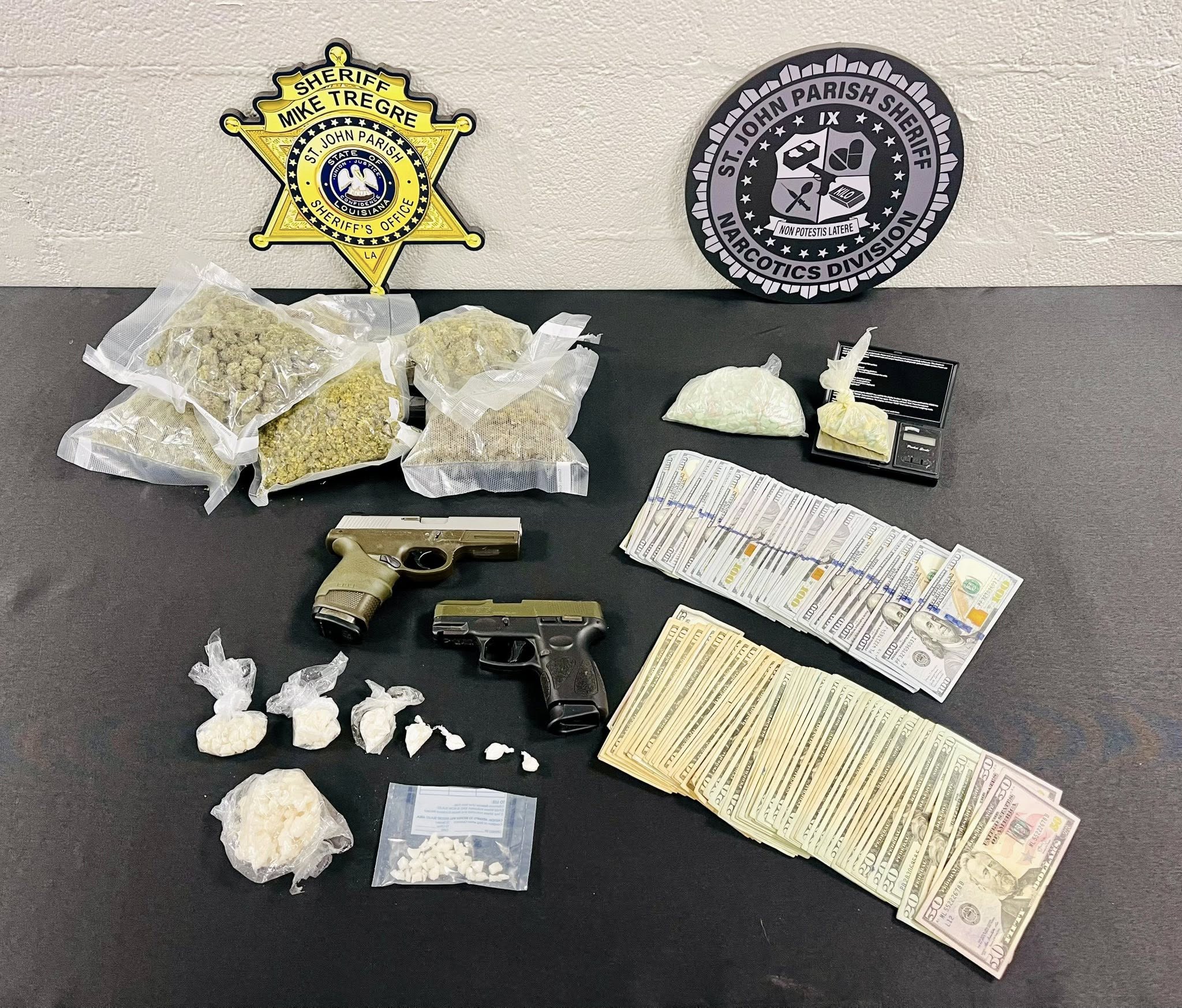Transit authority public forums draw little attention
Published 12:00 am Saturday, March 31, 2001
DANIEL TYLER GOODEN
VACHERIE – A low audience turnout hampered the River Parish Transit Authority public meetings at the West Bank Reception Hall in St. James Parish Tuesday, the St. Charles Parish School Board Meeting Room in St. Charles Parish Wednesday and the St. John Council Meeting Room at the Percy Hebert Building in St. John Parish Thursday. The meetings were to serve the public with the progress of the transit authority and receive input on how and where a transit service is most needed. The authority was created by the River Region Caucus to create a seamless transportation system in the River Parishes. Working with the South Central Planning and Development Commission the transit authority was formed by the RRC in September 1999 and is now conducting surveys and studies to build the mass transportation system. “People have difficulty moving around in their own parishes, let alone across the River Parishes. Often they’re at the mercy of their family and friends,” said Brent Petit, chairman of the RPTA. To begin to solve these problems the transit authority is working with local governments, service agencies and businesses to construct what type of transportation system would be most efficient. Now they are looking for the same help from the public. “Transportation is a high priority for the River Parishes. A transportation system gives access to jobs, training, education, health services and other areas,” said Martha Cazaubon, project manager for SCPDC. Without a way to get to these places residents can’t take advantage of the opportunities offered by the services in the area. Currently St. James Parish has the only public transportation system. It runs Monday through Friday from 7 a.m. to 3 p.m. Riders pay 50 cents per trip, though it costs the parish $400,000 annually. In St. Charles and St. John parishes, public transportation systems are run by the Council on Aging and the Association for Retarded Citizens. Use of their transportation system is based on eligibility. “All these services do a great job, but none are able to operate outside of their parish boundaries,” said Cazaubon. The transit authority would work with these agencies to serve the special needs of their citizens. They do a good job, but transportation is not their main focus, and often they are overlapping routes due to poor communication and the lack of a unified system, said Petit. The positive aspects of a unified transportation system across parish boundaries are numerous. It would increase self-sufficiency, allowing more citizens who can’t drive to get where they need to go. National statistics show 40 percent of public transportation users are in the low-income bracket, said Cazaubon. A transportation system would also relieve traffic congestion, reduce the need for money spent on highway repairs and reduce the highest air pollution contributor, which is vehicle exhaust, she added. The residents could also save money through buying less gasoline and paying less for auto maintenance, parking fees and more. The cost of such a service is currently unknown. Many different transportation systems could be developed. Some systems run regular routes at regular times. Other systems provide a ride by scheduled appointment. “You would call up and tell them when you need a ride and to where,” said Cazaubon. A deviated route system would include both styles, running a regular route, except when requested to provide a ride to or from an area not normally on the route. Whether the transit system would own it’s own vehicles or provide rides through subcontractors is another question. In the next year the RPTA will be looking for answers to these questions. They will rely on government, agencies, services and, most importantly, public opinion to decide what is the best style of transit system the River Parishes needs. Since turnout was low in all three parishes for the public meetings, the RPTA will now go out into the community, to civic associations, churches and small groups, to get public input. “We will have more public meetings to keep the public informed as new information is available,” said Cazaubon. Currently, development of routes and how the system would operate depends on the needs of the public. To contact the SCPDC, write to the office at P.O. Box 1870, Gray, LA 70359 or call (504) 851-2900.





